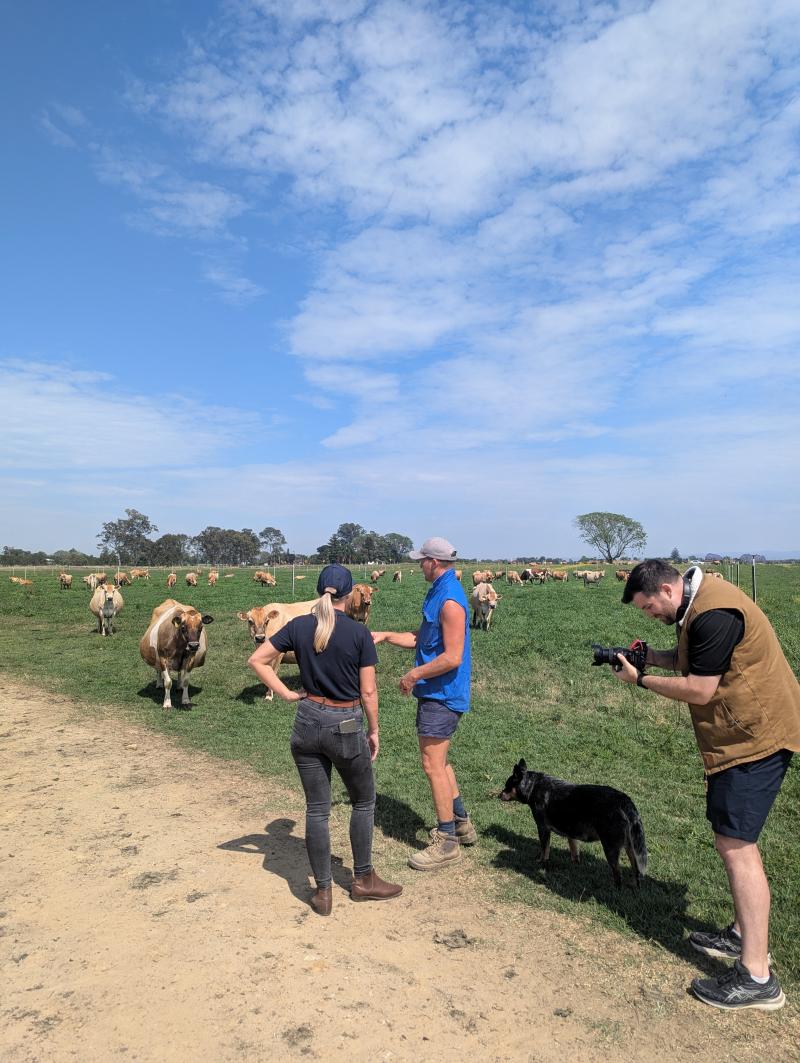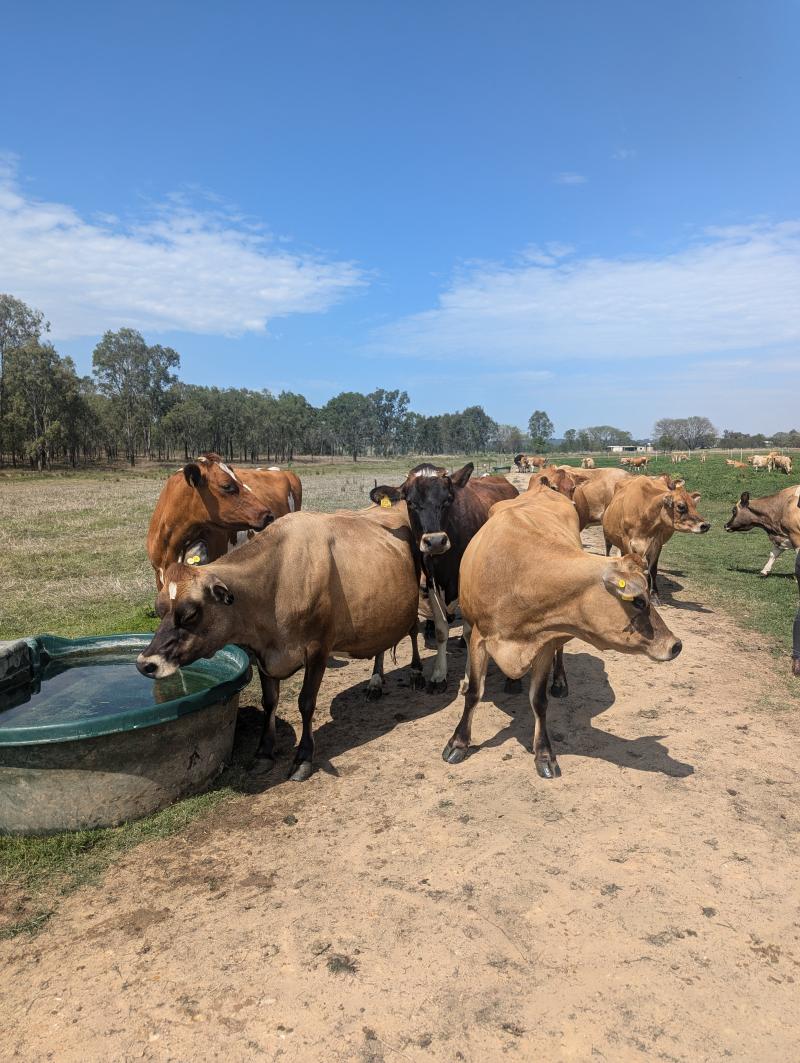Front-foot approach builds resilience to future natural disasters
During the 2021-2022 disaster season, flooding rain was an almost constant and unwelcome companion for Queenslanders.
Between early-November 2021 and late-May 2022 a total of eight flood events meant almost every local government area in Queensland experienced at least one flood.
For primary producers in the state’s south-east, the impacts were particularly devastating as they counted the enormous costs of lost crops and livestock and damaged infrastructure and machinery.
With the high costs, both economically and emotionally, it was clear something needed to be done to help producers better prepare for the effects of severe weather.
As the waters finally receded, the Queensland Government developed the $2.5 million Industry Recovery and Resilience Officer (IRRO) Program to assist primary producers impacted by the floods.
Jointly funded by the Australian and Queensland Governments through the Commonwealth-state Disaster Recovery Funding Arrangements (DRFA), the program was overseen by the Queensland Reconstruction Authority (QRA).
Queensland’s Department of Primary Industries (DPI) rolled out the program to help primary producers in 23 flood affected SEQ LGAs.
Working one-on-one with producers, IRROs supported 102 primary production businesses to develop industry-specific, risk-based, on-farm flood management plans that met the individual needs of the businesses and their goals for increasing preparedness, recovery and resilience.
With the help of IRRO Julia Jurgs, Lockyer Valley dairy farmer Luke Stock was one of the disaster affected producers who developed a bespoke flood management plan for his operations.
In May 2022, 600 millimetres of rain in just two days saw Lockyer Creek burst its banks, inundating three-quarters of Luke’s 69-hectare farm, Daloram Dairy, at Regency Downs.
Home to 120 dairy cows, the farm produces, on average, around 600,000 litres of milk annually.
However, production was temporarily halted when floodwaters reached the fence line of the homestead, effectively turning the property into an island.
Luke’s flood management plan outlines both immediate and long-term actions to safeguard the farm against future flood events and reduce the impact of flooding on production, infrastructure, animals, and the environment.
Some of the key mitigation strategies incorporated into Daloram Dairy’s plan include land and soil management, infrastructure Improvements to roads, fences and laneways, and fodder storage.
In addition to ensuring his herd is fed, Luke is now also prioritising building resilience to better equip Daloram Dairy to withstand future flood events, safeguarding its viability and continued milk production.
For more information about the IRRO program visit www.dpi.qld.gov.au.

